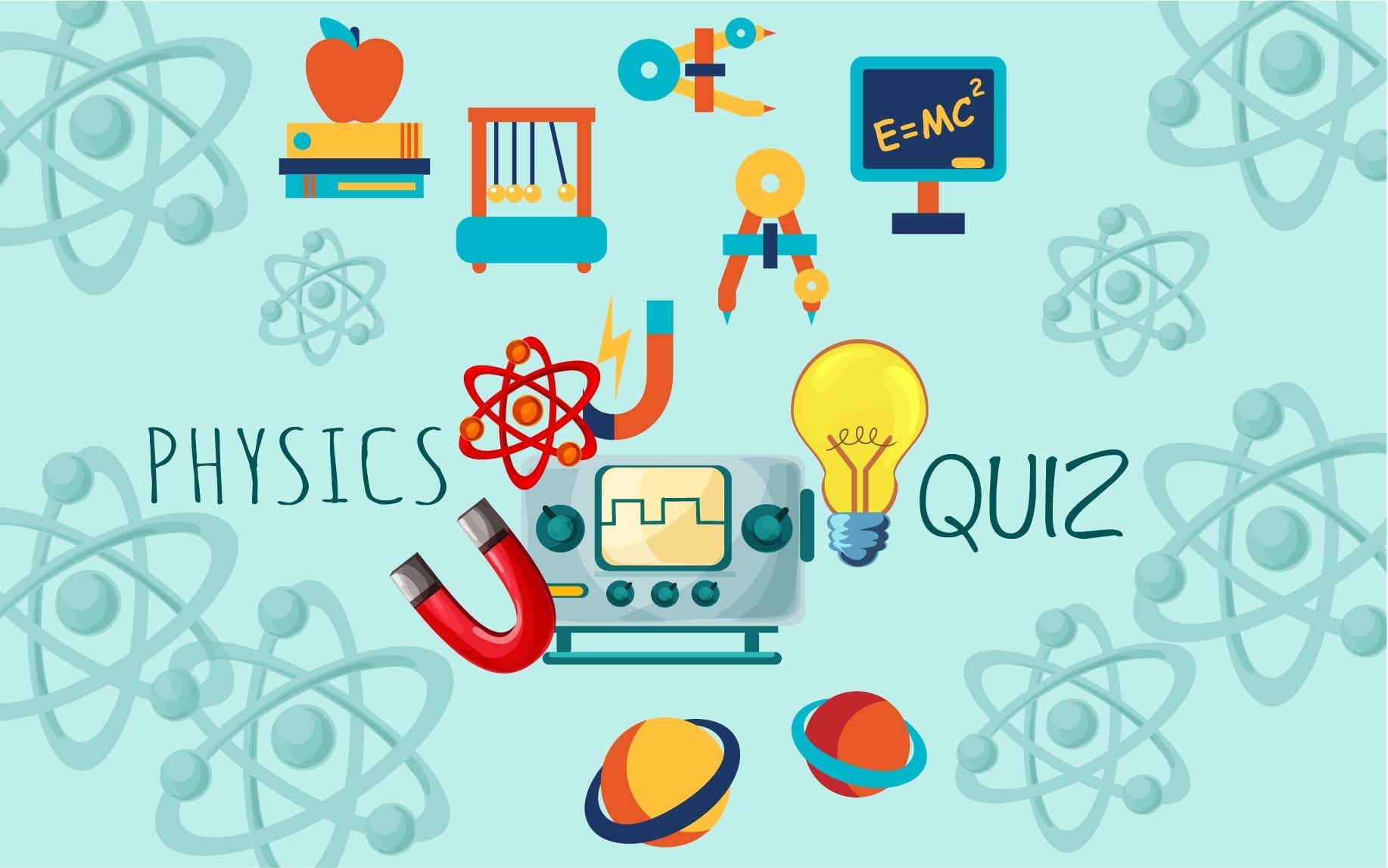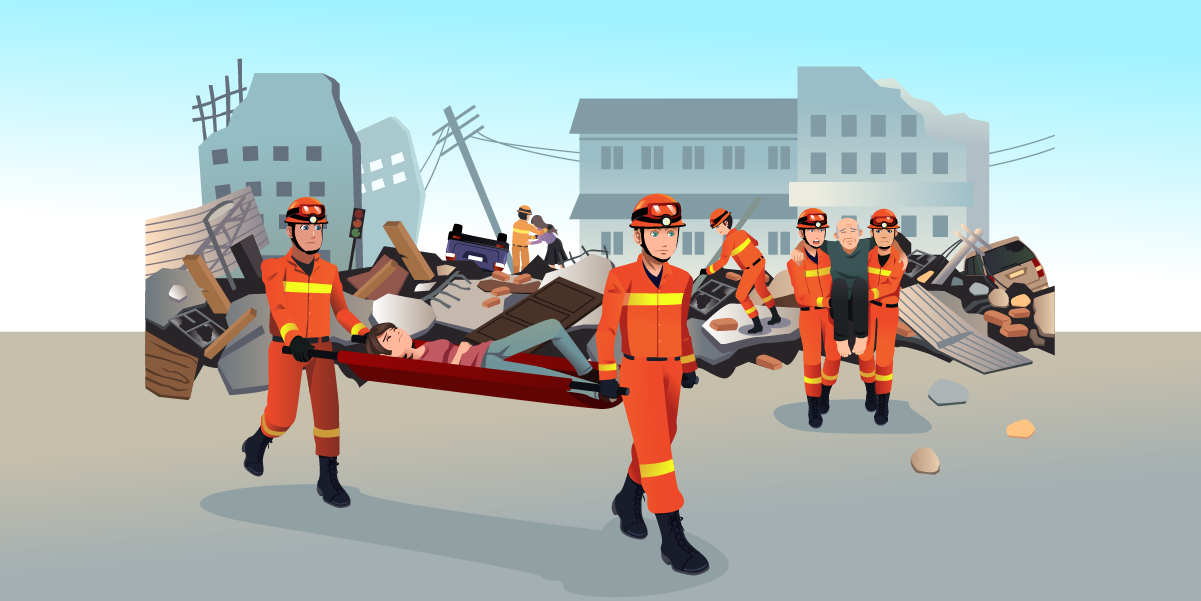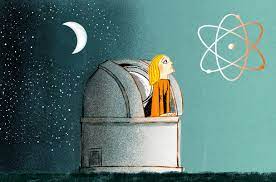Mon-Sat 9am-7pm








A physicist works to explain how forces, structures and phenomena affect the natural world. This position requires extensive amounts of research to produce reports and technical papers that contribute to the industry at large as well as lecturing and teaching students about the laws of physics. The typical career progression of a physicist is into the position of a Chief Medical Physicist within the organization.
A bachelor's degree in physics is the minimum educational requirement to be a physicist with a master's degree or doctorate degree required to teach at a collegiate level. As part of the job, extensive research is required and therefore a good candidate for the position will possess excellent research and reporting skills with an expectation for exceptional verbal and written communications. Other skills include possessing great analytical and problem-solving skills that will assist in the writing of research papers and reports.

There are many responsibilities you may perform as a physicist. You can review the list below to learn more about them:
Use the knowledge gained through the observation of the physical world in a variety of industries, such as manufacturing, transportation, medicine, scientific research, military and technology
Create and design tools to make new observations to advance scientific understanding
Create new instruments to collect data, such as telescopes, scanners and satellites
Examine and measure various components of the physical world, such as subatomic particles and the wider universe
Use innovative computer software to identify the implications and constraints of theories and models
Find alternative explanations for the interactions between the elements of the universe
Create software for computers to evaluate and understand data
Develop ideas and models to explain how physical phenomena behave
Design and create better materials, products, and processes with applications in different industries
According to the BLS, in many cases, employers require a physicist to hold a Ph.D. However, some employers may accept candidates with a bachelor's or master's degree for certain positions. A baccalaureate program in physics usually requires classroom instruction and laboratory work in subjects such as quantum mechanics, physical optics, thermodynamics, electromagnetism and atomic physics.
Master's and doctoral degree programs in physics offer advanced training in these and other subjects, such as mathematical physics, kinetic theory and laser physics. Specific coursework in your graduate studies may depend upon your area of specialization. A master's thesis or doctoral dissertation that includes your original research may also be required for graduation.
| Job Profiles | Salaries (PerAnnum) |
| Meteorologist | INR 48,00,000 |
| Lab Manager | INR 54,00,000 |
| Lecturer | INR 48,00,000 |
| Test Engineer | INR 53,00,000 |
| Geophysicist | INR 73,70,000 |
| Aeronautical Engineer | INR 76,00,000 |
| Research Scientist | INR 81,00,000 |
:
Due to the nature of the job, it might not be as hard to be notable as you think.
Physics is a research-heavy field.
There is often something interesting to point out about a finding that is good enough to get published.
Once you start getting your stuff out there, recognition by the physics community at large is around the corner.
The more you put out, the more opportunities you’ll have to talk about the research you’re working on.
Connections, here we come!
As much as you love physics, it’s also nice to have a roof over your head.
Unfortunately, ideas don’t pay bills.
All the dedication and years of study have paid off as a physicist, however.
While a starting salary may not be amazing, many experienced physicists can make upwards of $250,000 a year.
Perhaps more if you include outside projects such as writing a book.
If you prefer having a job where the schedule is set in stone, physics can help.
Typically, physicists work in an office setting and can expect to have a normal workday.
Weekends and holidays are free.
There’s no need to plan around long nights or being on call, especially in a research setting.
There is a lot of fascinating work to be done, but it can wait until Monday.
There are so many ways to put your expertise to use.
Most commonly, physics research is associated with universities.
If you want to be a physicist but can’t imagine being stuck on campus forever, especially after getting a doctorate, that’s okay!
There is no need to limit yourself.
Look into engineering, education, law, medicine, business, or even the military.
There are many people in careers whose degree has nothing to do with the job they are in.
These are jobs that don’t require expertise.
Many employers specifically look for college graduates, but not necessarily in a specific field.
Graduating college just means that you can see things through and are capable in many capacities.
Physics is not one of those fields.
By the time you graduate and enter professional life, you are an expert specifically in the field you’re working in.
Physics is a great branch of science to get into.
It also happens to be one that can work in other branches.
Being an expert in physics means you can dip in and out of other types of scientific research.
Many view physics as the foundation of science, generally speaking.
So, essentially, you could use experience and knowledge as a physicist to try out other things over time.
If you work in a company with other types of science departments, you can at least help out in other areas from time to time. Variety is always nice.
Not only can a career in physics be a great way to exercise that mathematical muscle, but it’s also incredibly rewarding.
Being a physicist is one of those careers that is bigger than itself.
You aren’t just showing up and doing busy work.
It’s possible that the project you are working on will go into future science textbooks.
The discoveries made in physics expand out into the community and beyond.
:As wildly interesting as physics can be, you have to really be into the subject to make it a career.
That dedication level goes all the way up to getting a doctorate in the subject.
Without a Ph.D., it’s unlikely you’ll get to build a career in the field.
There are publishing requirements to graduate, which require tons of research.
All that makes you a more reliable physicist.
Credibility is the name of the game, especially for getting noticed.
A doctorate is how you get there.
Let’s not even get started on the potential student loan debt.
Much of science is meant to solve problems and figure things out.
We use that knowledge to make life better.
That’s the idea, anyway.
When you’re invested in figuring out a problem, not seeing it through can be a challenge.
The reality is, there are some problems in physics that can’t be easily figured out.
There are scientists who spend their whole careers on problems that are too complex to solve.
Imagine retiring and never being able to wrap up a solution.
While being required to get a doctorate could be viewed as an unfair challenge, it does have a bright side.
Aside from the financial detriment that can bring, the Ph.D. journey also weeds out people who can’t intellectually stay focused on physics.
If you’re in the program and are hitting brick walls, perhaps the work is too complex for you to enjoy.
It honestly takes a particular mind to work around the often abstract concepts in physics.
Just as with any job, it’s not for everyone.
You might not be the most fun at parties.
Of course, it’s not really your problem that people aren’t quite as cultured as they should be.
However, a lot of what you do might go over the layperson’s head.
It’s not their fault either, a lot of what a physicist does is deep.
Some might even say it’s way out there, like space.
Appropriately, so.
But still, getting excited about these cool things you’ve learned might be hard for others to grasp.
Part of the magic of watching a sci-fi movie is believing everything they say.
Sure, some of it is having to suspend logic, but much of it sounds so futuristic that it’s acceptable.
When you’re a trained physicist, that changes everything.
Nothing is quite as fun as when you know the characters are talking smack.
It’s sort of equivalent to knowing how the magic trick is done or peering behind the curtain in Oz.
Once you know the truth, you can’t go back.
Who took the whoopee out of the cushion?
Just as you’re out there pouring over research, so are other physicists in the world.
That means that the advances come quickly, sort of like technology.
Reading is going to be your new best friend.
If you aren’t keeping up with all the reading material, it’s easy to get left behind.
That’s in addition to what you’re already doing on a daily basis.
Subscribing to scientific journals and reading about physics in your free time is ahead.
If at some point down the road, you want or need to switch out of a physics career, it might be tough.
Unless you transition into another branch of science, leaving the whole field behind will come across as confusing to employers.
The field of physics is so specific that there’s not a whole lot of overlap in other careers.
You might have to start from the bottom on another area and that might be too much of a financial and professional cost to bear.
Here are some skills you can develop if you want a career as a physicist:
As a physicist, solving problems of many kinds can often be an integral aspect of the job. It is important to possess excellent problem-solving abilities. These skills help with issues such as workplace management, conflict resolution, asking for funds for your research project and collecting data.
Physicists typically use computers to solve challenging equations and calculations. A basic understanding of computers can help you work with most physicists' systems and equipment. Intimate knowledge of these technical systems can help make your calculations more accurate and efficient.
Working with scientists from different countries is advantageous for a physicist, so effective communication skills are crucial. You can be more productive if you communicate your ideas clearly and concisely to other scientists while understanding their perspectives. Communication skills might also help you to work well with your colleagues. These skills can also help you present ideas to non-technical people, draft a well-written research paper, ask for funds from investors or apply for research grants.
Physics relies heavily on mathematical knowledge. With these skills, you can learn to understand complex physics concepts. Understanding maths can also make it easier to perform difficult calculations when researching. As a result, developing and improving your mathematical skills is important. You can do this by practicing maths regularly.
Call us at +91 9205084085, Monday - Friday, 9 am - 7 pm


